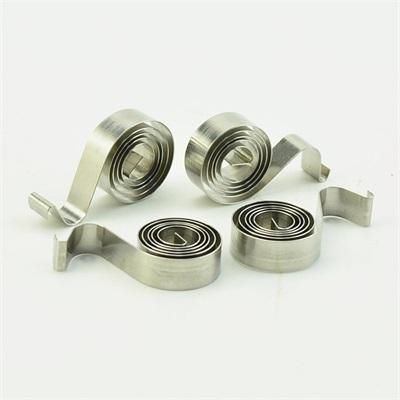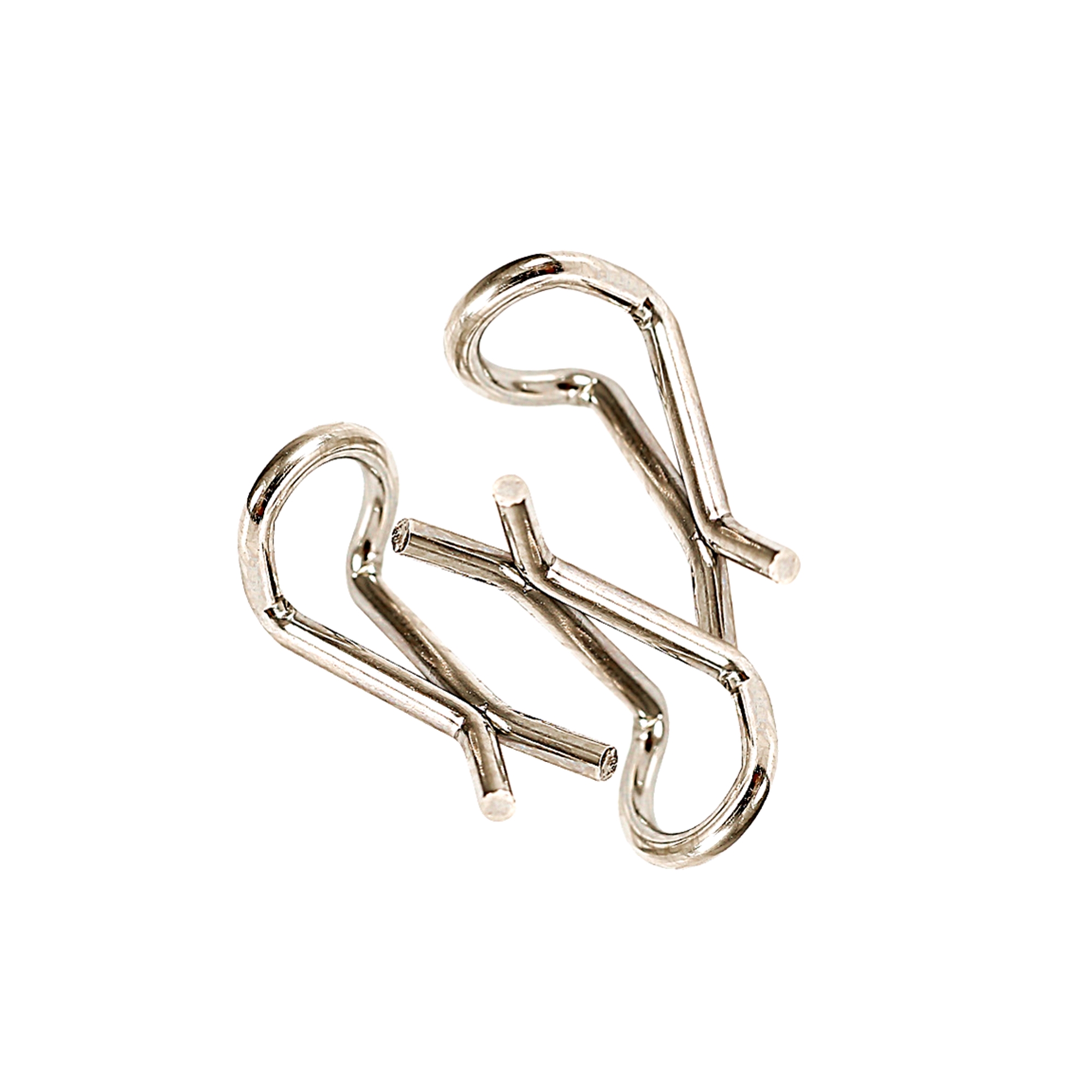Daily Weather Report Powered By:
Gunter Erfurt, CEO of Meyer Burger, announced during a news conference at the Colorado Springs Chamber & EDC that his company will open a new solar cell factory in Colorado Springs. The factory will be located in the former Intel building on Garden of the Gods Road. The solar cells will be used to supply Meyer Berger’s solar module production facility in suburban Phoenix. JERILEE BENNETT, THE GAZETTE Curtain Springs

Gunter Erfurt, CEO of Meyer Burger, chats with Colorado Springs Mayor Yemi Mobolade after announcing during a news conference Monday at the Colorado Springs Chamber & EDC that his company will open a solar cell factory in the Springs. The factory will be located in the former Intel chipmaking plant on Garden of the Gods Road. The solar cells will be used to supply Meyer Berger’s solar module production facility in suburban Phoenix.
Gunter Erfurt, CEO of Meyer Burger, announced during a news conference at the Colorado Springs Chamber & EDC that his company will open a new solar cell factory in Colorado Springs. The factory will be located in the former Intel building on Garden of the Gods Road. The solar cells will be used to supply Meyer Berger’s solar module production facility in suburban Phoenix. JERILEE BENNETT, THE GAZETTE
Gunter Erfurt, CEO of Meyer Burger, chats with Colorado Springs Mayor Yemi Mobolade after announcing during a news conference Monday at the Colorado Springs Chamber & EDC that his company will open a solar cell factory in the Springs. The factory will be located in the former Intel chipmaking plant on Garden of the Gods Road. The solar cells will be used to supply Meyer Berger’s solar module production facility in suburban Phoenix.
Meyer Burger, a Swiss solar manufacturer, will create more than 350 jobs in Colorado Springs and invest about $400 million over the next five years to transform the former Intel semiconductor plant on the city’s northwest side into a solar cell manufacturing facility, the company said Monday.
It's the latest in a series of economic development announcements for the Springs since late last year that have the potential to add a total of 2,300 jobs, many of which will be high-wage positions — including Meyer Burger jobs that will average $77,842 a year.
“You know the saying, ‘the future is now?’ Well, that’s the statement we’re making this morning here in Colorado Springs,” Mayor Yemi Mobolade said during a news conference attended by company executives, state and local government officials and business leaders.
Meyer Burger will lease about 700,000 square feet of the Intel fabrication plant on Garden of the Gods Road and just east of the El Paso County Citizens Service Center, which was closed in 2007 after the global chipmaker joined other high-tech companies at the time who had downsized their Colorado Springs operations or moved them overseas. Two nearby utility buildings will bring the total of Meyer Burger’s space to 773,000 square feet — the equivalent of almost two-thirds of the Chapel Hills Mall.
Meyer Burger plans to convert the former Intel building into a 2 gigawatt-per-year facility that will manufacture solar cells — a semiconductor product that helps turn light into power and becomes part of solar modules that commonly are installed on the roofs of homes and commercial buildings.
Solar cell production in Colorado Springs is scheduled to begin in the fourth quarter of 2024; the cells manufactured here will supply a Meyer Burger solar module production facility in suburban Phoenix.
“It will be one of the few factories doing it,” said Meyer Burger CEO Gunter Erfurt.
Meyer Burger, which says it's committed to growing its operations in the United States, also considered sites in Arizona, Indiana and New York for its solar cell manufacturing operation, according to state officials.
But the company chose Colorado Springs for a variety of reasons, Erfurt said.
A 70-year-old business that got its start producing machines for the watch industry, Meyer Burger already was familiar with the Springs; it had operated Diamond Materials, a diamond-wire cutting business, in the city for several years before selling it in 2017, Erfurt said.
The company immediately was attracted by the availability of the former Intel building, Erfurt said, and wound up making its decision to expand to Colorado Springs over just 11 weeks dating back to May.
“We were in search of a brownfield site (existing building) that we could quickly refurbish and install production equipment to start manufacturing ASAP and create jobs also ASAP,” he said.
Michael Palmer, a broker with Quantum Commercial Group in Colorado Springs who marketed the former Intel building, said it fits perfectly with Meyer Burger’s needs. As a former chip-making facility, it had utilities in place to support a large manufacturing operation, he said.
“It’s an ideal use, with solar manufacturing,” Palmer said. “We have the power, we’re able to take care of the water. You’ve got everything ideally set up.”
Meyer Burger also was attracted by Colorado Springs’ tech industry and the availability of skilled labor, Erfurt said.
Financial incentives, meanwhile, played a major role in Meyer Burger’s decision.
The company said in a news release that it expects to qualify for up to $1.4 billion in federal tax credits starting with the 2024 launch of solar cell production in the Springs and running through 2032.
Those credits are available through the Inflation Reduction Act that was signed into law in August 2022 by President Joe Biden; the legislation included support for the Biden administration’s goal of creating what it calls “a global clean energy economy.”
The federal tax credits, in part, convinced Meyer Burger to abandon expansion of a similar solar cell manufacturing facility in Germany and instead move production equipment to the U.S. and Colorado Springs, Erfurt said.
Also, the company’s strategy targets the manufacturing of high-performance solar products in the U.S., which will reduce reliance on those from China whose delivery isn't a sure thing, Erfurt said. Customers have told Meyer Burger they want guarantees that materials will show up as needed for large solar projects, he added.
“Until maybe two years ago, we in the West have maybe been a bit too naïve about the supplies coming from China — or maybe not coming from China,” Erfurt said.
Other financial considerations included a federal Department of Energy loan that will total more than $300 million, the company said.
Locally, the city of Colorado Springs, El Paso County and Colorado Springs Utilities have committed $90 million in financial incentives — mainly in the form of tax credits, direct support and discounted electricity and water rates, the company said.
That figure includes nearly $5 million in tax credits approved last week by the Colorado Economic Development Commission, which the company will receive once it creates its jobs.
Also, the city and Colorado Springs Chamber & EDC added $390,000 from their deal-closing fund, a program they established last year with the goal of providing an extra cash incentive to help clinch a deal with employers considering an expansion to the Pikes Peak region.
Of the more than 350 jobs it will create, Meyer Burger expects to fill most of them with local hires, though it also will bring some specialists, engineers and others from Europe, he said.
In addition to those direct jobs, Erfurt expects the company’s expansion will create spinoff jobs in the form of suppliers who will want to serve the company. More than 80% of purchases to support Meyer Burger’s production facility in Germany come from local suppliers, and the company said it expects a similar situation in Colorado Springs.
Meyer Burger currently has a global workforce of 1,400.
The Springs production facility won’t be the end of the company’s U.S. expansion; Meyer Burger will continue to look for additional solar cell and module production sites that will allow it reach customers more quickly, Erfurt said.
That could include Colorado Springs, he said.
“Please view this 2-gigawatt facility as a beginning,” Erfurt said. “We have much greater ambitions and we believe we can bring a real change.”
Those ambitions fit with what state officials call Colorado’s growing “cleantech industry,” which they say has a $4.6 billion annual economic impact and employs 62,000 people — a figure that’s grown by 10% over the last two years.
“Colorado has made a bold commitment to 100% renewable energy by 2040 and cleantech companies are taking note,” Eve Lieberman, executive director of the state Office of Economic Development & International Trade, said in a news release.
Meyer Burger’s announcement Monday follows those over the last seven months by high-tech manufacturers Entegris and Microchip Technology, which have said they plan to expand their Colorado Springs operations with the addition of 1,000 jobs and combined investments of almost $1.5 billion. Zivaro, a Denver-based information and technology firm, announced it would bring more than 300 jobs to the Springs.
In addition to its approval of $5 million in incentives for Meyer Burger, the state Economic Development Commission last week OK’d tax credits of nearly $7.5 million for a Colorado Springs-based aerospace and defense engineering company — believed to be Boecore — that’s looking to create 620 jobs over eight years at an average annual salary of $160,484 and is considering the Springs for its expansion.
A tech startup that’s also considering the Springs and expects to create 61 jobs with an average annual wage of just over $130,250 was approved by the commission for job tax credits worth $691,288.
Seminars, networking opportunities and other business events in and around Colorado Springs
Email notifications are only sent once a day, and only if there are new matching items.

Inconel Springs Your browser is out of date and potentially vulnerable to security risks. We recommend switching to one of the following browsers: